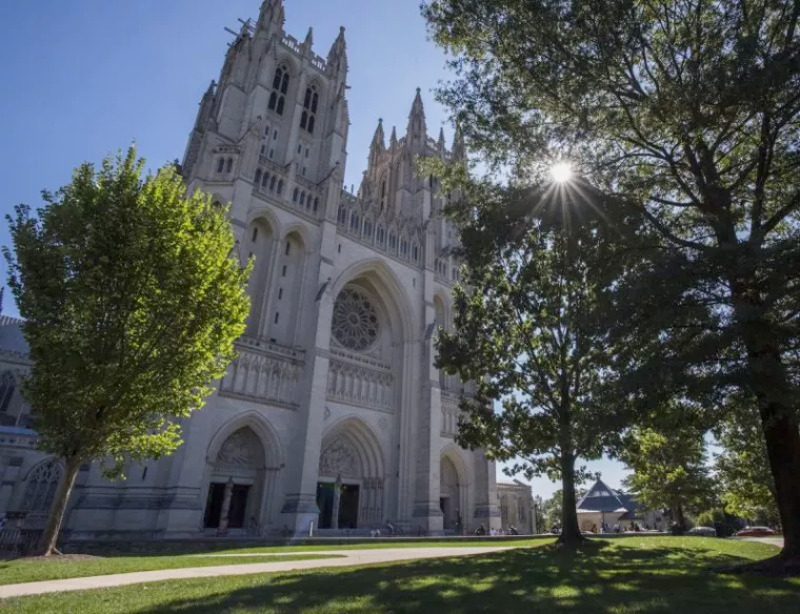
The Episcopal Church has experienced a notable decline in membership, losing about 40,000 members last year, according to recently released statistics. However, the denomination also witnessed an increase in average Sunday worship attendance.
As of 2023, the mainline Protestant denomination reported a membership of approximately 1.547 million people and accounted for 6,754 congregations. This marked a decrease from 2022, which had 1.584 million members, and a slight reduction in congregations, which were 6,789.
Compared to 2010, the decline is more pronounced as the church had reported a membership of 1.96 million members at the time. Despite this downward trend in membership, the church has seen a rise in its average Sunday attendance for the second consecutive year.
In 2023, the average attendance was nearly 411,000, compared to 373,000 in 2022 and 312,000 in 2021, suggesting a gradual recovery from the Aftermath of the COVID-19 pandemic.
The 2023 Parochial Report emphasized that the reported average Sunday attendance numbers solely reflect in-person participation, noting, “It is important to note that [the average Sunday attendance] reported here only reflects in-person attendance.”
About three-quarters of Episcopal congregations offered online or hybrid worship at some point during 2023, but those figures are not included in the report. Nevertheless, current average Sunday attendance remains below past figures, such as 600,000 attendees in 2014 and 547,000 in 2019.
Additionally, the 2023 statistics reveal that nearly a third (32.9%) of Episcopal congregations reported 25 or fewer attendees on average Sundays. Meanwhile, 26.8% have between 26 and 50 attendees, approximately one-third (32.1%) have between 51 and 150, and a smaller portion of 8.3% report 151 or more attendees on average.
Over the past two decades, The Episcopal Church has faced a steady decline in membership and attendance. This change is attributed to several factors, including the church’s progressive theological direction, which has led to controversies and departures.
The ordination of the first openly gay bishop in 2003 led many theologically conservative congregations and dioceses to leave the denomination in protest, resulting in years of litigation over church properties and assets.
Earlier this month, the Rev. Sean Rowe became the new presiding bishop of The Episcopal Church, succeeding the Rev. Michael Curry, the denomination's first African American leader. During the installation service, Rowe emphasized the importance of unity among churches and dioceses, asserting that they cannot “go it alone,” but must acknowledge “our mutual interdependence, our need to do ministry together, to share what we have and to sustain one another.”
Rowe declared, “In this badly hurting world, we need to become one church. We’re not a collection of dioceses and institutions, a collection of the ways of doing things. We are one church, one church in Jesus Christ.” He further stated that spreading the message of Jesus’ resurrection and life is the ongoing mission to which God has called The Episcopal Church, urging the denomination to embrace this mission as one united church.


















